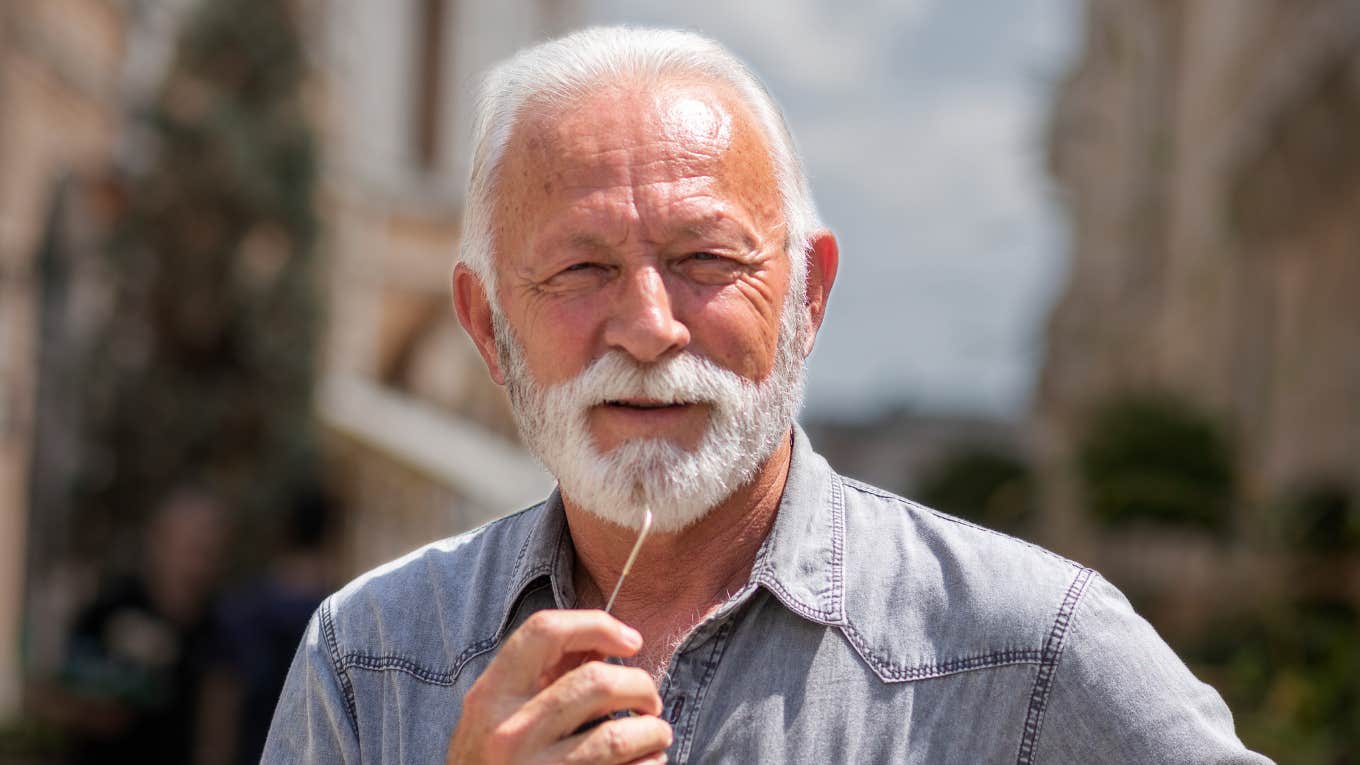Burning the Candle at Both Ends? How 'Always On' Culture is Harming Your Heart (Expert Advice from a Top Cardiac Surgeon)

The relentless 'always on' lifestyle, fueled by technology and demanding work cultures, is taking a serious toll on our hearts. Leading cardiac surgeon Dr. Shriram Nene is raising the alarm, highlighting a growing heart disease crisis in India, particularly among young professionals. This isn't just about age; it's about the pressures of modern life.
The Rising Tide of Heart Disease in India
India is facing a concerning surge in heart disease, and a significant factor is the shift towards increasingly sedentary habits combined with constant digital engagement. Long hours spent at desks, glued to screens, and the pressure to be constantly available – whether for work or social media – are creating a perfect storm for cardiovascular problems. Previous generations faced different stressors; today’s young workforce is battling a new kind of burnout that directly impacts their heart health.
Young Professionals: A Vulnerable Group
Dr. Nene emphasizes that young professionals are particularly vulnerable. The drive to succeed, coupled with the pressure to maintain a constant online presence, often leads to neglecting crucial self-care practices. Skipping meals, sacrificing sleep, and pushing through fatigue become normalized, all of which contribute to increased stress hormones and inflammation – key risk factors for heart disease.
The Impact of Digital Overload
The constant stream of notifications, emails, and social media updates keeps our brains in a state of perpetual alertness. This chronic stress response elevates blood pressure, increases heart rate, and disrupts sleep patterns. Even seemingly harmless activities like scrolling through social media can trigger anxiety and contribute to a feeling of overwhelm, all of which put a strain on the cardiovascular system.
Small Changes, Big Impact: Hope for the Future
The good news is that it's not too late to make changes. Dr. Nene and other experts stress that even small lifestyle shifts can significantly reduce your risk. Here are some actionable steps:
- Prioritize Sleep: Aim for 7-8 hours of quality sleep each night.
- Move Your Body: Incorporate regular physical activity, even if it’s just a 30-minute walk each day.
- Mindful Breaks: Schedule short breaks throughout the day to disconnect from technology and practice mindfulness or deep breathing.
- Healthy Diet: Focus on whole, unprocessed foods and limit sugary drinks and unhealthy fats.
- Set Boundaries: Learn to say “no” and establish clear boundaries between work and personal life. Turn off notifications after work hours.
- Seek Support: Don't hesitate to reach out to friends, family, or a mental health professional if you're feeling overwhelmed.
Beyond Individual Action: A Cultural Shift
Ultimately, addressing this crisis requires a broader cultural shift. Companies need to prioritize employee well-being and promote a healthier work-life balance. Individuals need to be more conscious of the impact of their lifestyle choices on their heart health and take proactive steps to protect themselves. By acknowledging the dangers of the 'always on' culture and embracing simple, sustainable lifestyle changes, we can safeguard our hearts and build a healthier future for India.






